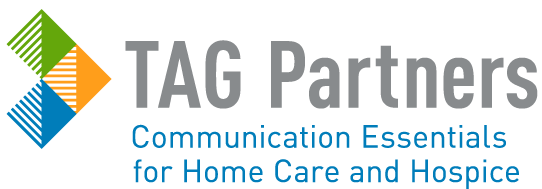The brain is the puppet master of the mind and body. When it is touched by illness or injury our functionality, comprehension, and communication can be greatly impaired. Brain disorders, injuries, and encephalopathies interfere with a person’s ability to understand and manage their condition, which can make caring for them quite a challenge. Home health and hospice care teams offer relief for caregivers while providing quality care for people who are struggling with brain impairment.
Brain disorders such as stroke can be recovered from through rehabilitation with varying rates of success depending on size, location, and extent of the damage. Other disorders such as brain cancer can be treated with limited success, while neurodegenerative diseases like Huntington’s disease, ALS, Parkinson’s, and dementia cause progressive brain and nerve deterioration resulting in total disability.
Traumatic brain injures (TBI) are usually caused by blunt force trauma that causes cerebral edema, strokes, hematomas and concussions. These injuries interfere with the brain’s ability to communicate with the rest of the body and often cause personality changes, memory loss, comprehension deficiency, and some loss of motor skills, all of which can usually be partially recovered through rehabilitation.
Encephalopathy is a broad term for several brain conditions, most of which are thought to be the result of another primary problem such as cirrhosis, kidney failure, anoxia, or repeated brain trauma, *CTE. Prognosis can range from complete recovery to permanent brain damage or death.
Home health offers specialized care for patients with brain illnesses. Patients can become confused and easily agitated or quick to anger. They often don’t fully understand what’s being asked of them or why they can no longer perform a certain task. This leads to frustration that can add stress to an already stressful situation. Home health care can provide the therapy patients need in the peaceful familiarity of their home.
As a patient’s condition deteriorates, hospice provides pain and symptom management, as well as counseling for families dealing with the heartbreaking neurodegenerative illness of someone they love.
Brain Awareness week may not be until March, but it’s always a good time to ping social media about the importance of neurological research and of helping those with brain illnesses lead happier lives.
Look for networking opportunities in your community to educate your neighbors about recognizing symptoms of brain illness and the rehabilitation and disease management services your agency can provide.
Be sure to Include neurologists in your sphere of referring physicians. Provide them with condition specific print media highlighting your agency’s proficiency in treating neurological conditions.
Visit our online webstore to view our complete line of home health, private duty, and hospice marketing tools.
*Chronic traumatic encephalopathy is a dementia-like condition that appears years after receiving multiple concussions.


